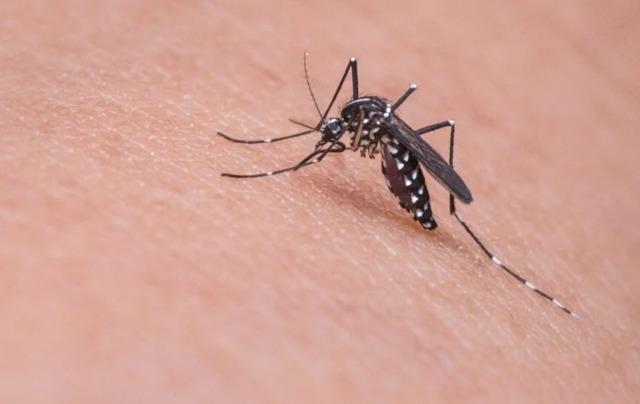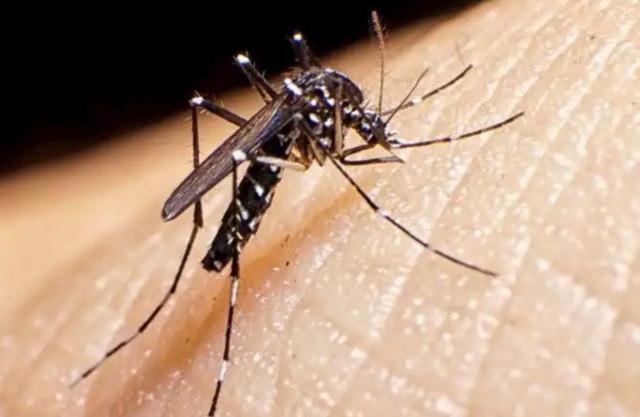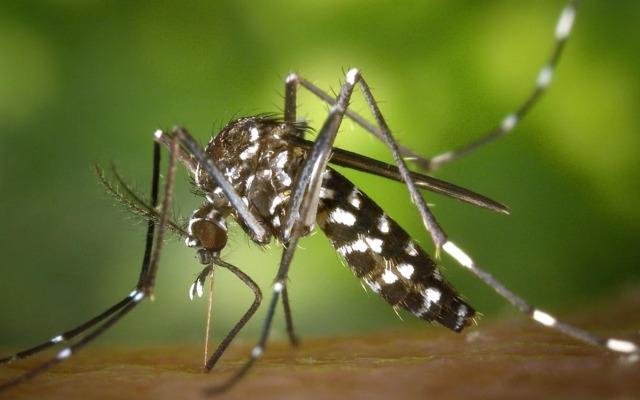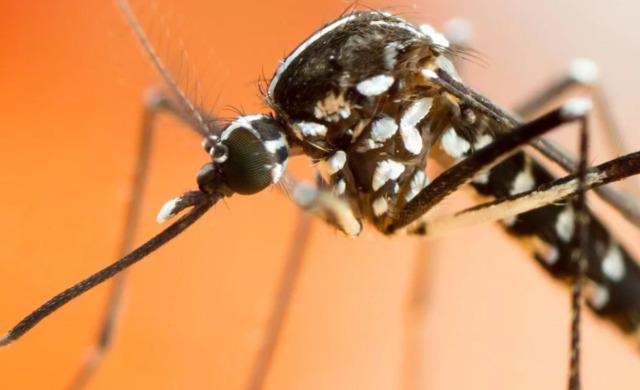Assoc. Prof. Dr. Necla Birgül İyison stated that the Asian tiger mosquito, which is common in Istanbul and lays its eggs in shallow waters, can cause allergic reactions in people it bites, and suggested that municipalities increase spraying against this and that citizens be careful not to leave water on their balconies and gardens.
IT CAN BITE THROUGH CLOTHES
İyison, who is working to develop a long-term and environmentally friendly solution against the Asian tiger mosquito, made assessments regarding the population and characteristics of this species in Turkey. He stated that the Asian tiger mosquito can bite through clothing, and that it is effective in transmitting diseases such as “yellow fever”, “dengue fever”, “zika”, “chikungunya”, and “West Nile virus” because it can carry nematodes, parasites and viruses, but that no case of these diseases has yet been encountered in Turkey.
‘AGGRESSIVE TYPE’

İyison, who stated that he follows scientific studies and new developments on the Asian tiger mosquito, which he describes as an “aggressive species” due to its characteristics, said, “Climate change also enables the development of these mosquitoes. Because as the weather gets warmer, they develop rapidly and the number of eggs they lay increases. Of course, when their numbers increase, they can harm more people.”

İyison stated that this mosquito came to Turkey via ship during commercial exchanges from South America, was first seen in Thrace in 2011, and in the Black Sea in 2017, and then spread to Istanbul and other regions, and that since it is an invasive species, it can quickly adapt to the environment and multiply there.
“OUTSIDE PUDDLES SHOULD BE PREVENTED”
Assoc. Prof. Dr. Necla Birgül İyison provided information about the effects of the Asian tiger mosquito on people bitten by saying, “It can cause allergic reactions in people bitten. First, a spasm occurs. Then, redness occurs in a certain area. How can we relieve this? We can put ice on the area where the redness occurs. This can both prevent the spread of inflammation and itching. Antihistamine ointments can also be used. If the symptoms do not go away, a doctor should be consulted. If the mosquito bites the throat, this can be very dangerous as it causes swelling. In such cases, a doctor should be consulted immediately.”

Pointing out that this species lays its eggs in puddles, İyison said:
“They generally lay their eggs in shallow water and spread from there. Streams, open water bodies, water channels, canisters, and pools are among the places where these mosquitoes can lay their eggs. The eggs develop over time, and after they develop, they lay eggs again. They can multiply within a week under suitable conditions. They can lay approximately 50 eggs at a time. Therefore, puddles outside should be prevented. An article from a study conducted abroad looked at how common yellow fever and dengue fever caused by these mosquitoes were in places with and without puddles. The article reported that when these puddles were removed, the spread of these diseases decreased by 50-60 percent.”
“WE AIM TO PREVENT THEIR SPREAD”
Assoc. Prof. Dr. İyison spoke about the current prevalence of this species in Istanbul and what needs to be done, saying, “It is currently widespread in Istanbul. It is seen intensively in Sarıyer and Beykoz. However, I think it is now spreading everywhere due to climate change. Municipalities can increase spraying, do more spraying in certain areas. Citizens can also be careful not to leave water on their balconies, gardens or surroundings, and be careful about puddles.”

Speaking about their studies on the Asian tiger mosquito, İyison said, “Usually, using the same drug against mosquitoes for a long time causes them to develop resistance to this drug. For this reason, we are working on the ways mosquitoes become immune to drugs at the molecular level. In this way, we aim to develop an effective method and prevent further spread.” (AA)
